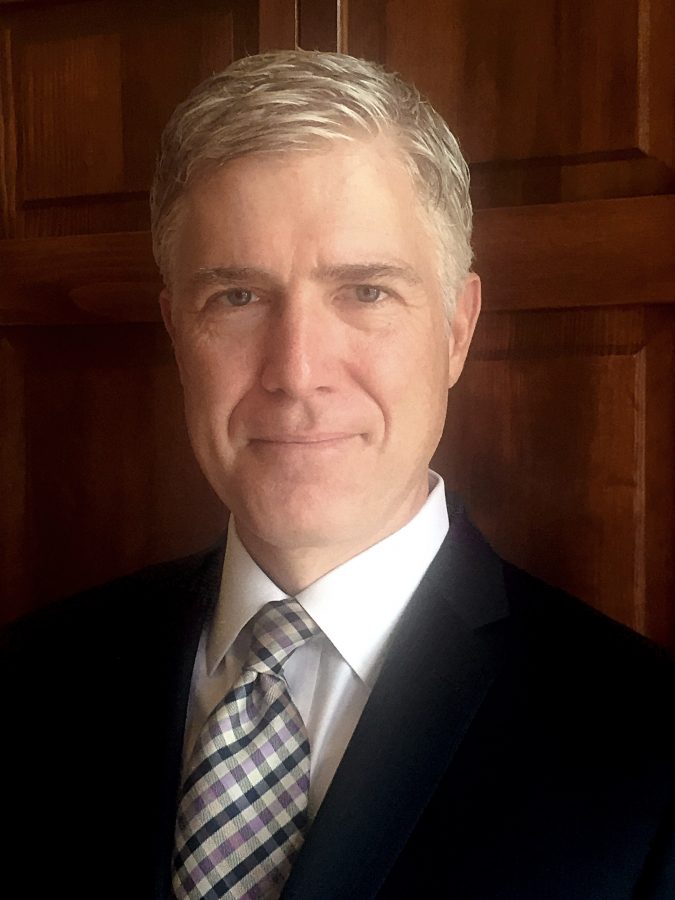What You Need to Know About Trump’s Supreme Court Pick, Neil Gorsuch
February 15, 2017
Since the death of Antonin Scalia in February of 2016, the United States Supreme Court has been one judge short of the normal nine members. Following Scalia’s death, President Obama nominated Merrick Garland, but the Majority Leader of the Republican Senate, Mitch McConnell, blocked Garland’s confirmation until the end of the Obama Administration, insisting that the next President should be the one to appoint a replacement for Justice Scalia.
In light of the need for a 9th Supreme Court Justice, President Trump recently nominated Judge Neil Gorsuch of the Court of Appeals for the Tenth Circuit.
As many have noted, many of Judge Gorsuch’s ideas align closely with Scalia’s. Just as Judge Scalia did, Judge Gorsuch believes that:
- The Constitution is best read from the point of view that The Framers would have had (the other point of view being that the constitution is a living document that changes with the times).
- Criminal laws are written to “favor” defendants.
- “Religious expression” in public places should be preserved.
According to Nina Totenberg, a specialist on the Supreme Court, Judge Gorsuch is “widely respected and he’s liked” in his field.
As for his qualifications, he went to Columbia, Harvard, and Oxford, has worked at the Department of Justice, and has worked as a partner at Kellogg Huber Hansen Todd Evans & Figel, which is a law firm in Washington.
In particular, it seems that Gorsuch is fully conservative regarding the sanctity of life. He is well known for his strong stance against physician-assisted suicide and even wrote on the topic.
Although he has shown his opinion on abortion by writing that the “‘intentional taking of human life by private persons is always wrong,’” it is unclear how he would vote on a case overturning Roe v. Wade since he places great importance on “societal stability.” This uncertainty to how Judge Gorsuch would vote on abortion legislation was expressed by several of his past clerks. It is, however, likely that this and many other topics will be discussed during his confirmation hearings.
In the case that Gorsuch’s confirmation is blocked by a filibuster, the Republicans would need a supermajority, 60 votes, to bypass the filibuster and proceed with the vote. This may cause the Republicans to resort to the so-called nuclear option. The nuclear option would change the supermajority needed to bypass filibustering from 60 votes to 51 votes, and this would allow Gorsuch to be confirmed without the delay of filibustering.
Although it may seem like a quick solution, senators on both sides of the aisle are hesitant to use this nuclear option because it will prevent all future court blocks from being blocked by filibustering, and since the Democrats may hold the majority in Senate in the future under a Republican president, using the nuclear option now may backfire for Republicans.
Although it is unknown exactly when the vote for his confirmation will take place, some have estimated a month from now.
As the first of his confirmation hearings approach, Gorsuch will continue to be carefully examined by Senators and citizens alike in the weeks to come.
Creative Commons photo source: https://upload.wikimedia.org/wikipedia/commons/5/57/Neil_Gorsuch_10th_Circuit.jpg














